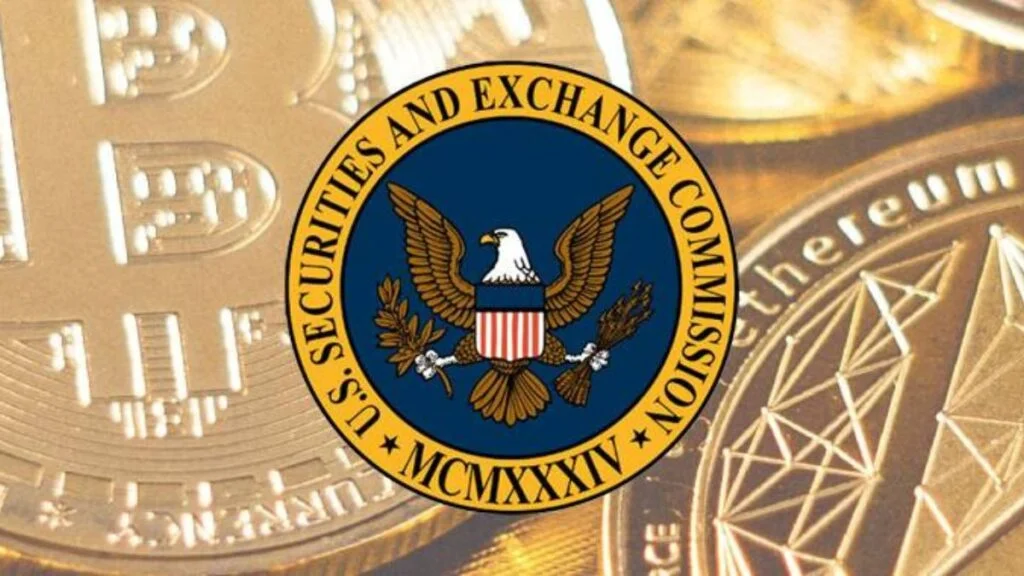Gary Gensler referenced the SEC ‘s actions as instances of how the agency has enforced securities laws to support his position.

As part of the “economic realities” of securities regulation, United States Securities and Exchange Commission Chair Gary Gensler mentioned significant enforcement proceedings against crypto businesses. Gensler referenced examples of SEC enforcement against crypto lending company BlockFi and a former Coinbase employee in prepared remarks at the Practising Law Institute’s Annual Institute on Securities Regulation on Nov. 2 to support the agency’s actions regarding violations of U.S. securities laws. In accordance with Gensler, the SEC would approach enforcement proceedings same regardless of the type of securities, funds, or investors.
“When BlockFi failed to register the offers and sales of a crypto lending product, and made materially false and misleading statements about those securities, we charged them,” said Gensler. “When a former Coinbase manager and others allegedly misappropriated confidential information to purchase crypto asset securities, we charged them.”
The SEC chair claimed that “public servants” and “cops on the beat” made up the enforcement team of the commission, who were “uniting public zeal with extraordinary capacity.” As of September 30, the SEC had brought over 700 enforcement proceedings against companies, resulting in $6.4 billion in judgments and orders plus $4 billion in civil penalties. “Fraud is fraud, regardless of the types of investors you have defrauded and the types of securities used in the fraud”. However, Gensler reiterated his “come in and talk to us” message for firms offering financial products, giving them a chance to “cooperate with [the SEC’s] investigation, and remediate [their] misconduct.”
The SEC chair suggested that enforcement against crypto firms will likely still be on the commission’s scope in 2023 in its budget request from May. Many people inside and outside of the cryptocurrency industry have criticized the SEC for using a “regulation by enforcement” strategy in its legal actions against crypto companies, such as when it classified nine tokens as “crypto asset securities” in a July complaint against a former Coinbase product manager. The outcome of the U.S. midterm elections in 2022 could affect whether proposed legislation on the Commodity Futures Trading Commission and SEC’s duties in monitoring cryptocurrency is passed, either in a lame-duck session of Congress or beginning in January 2023.
